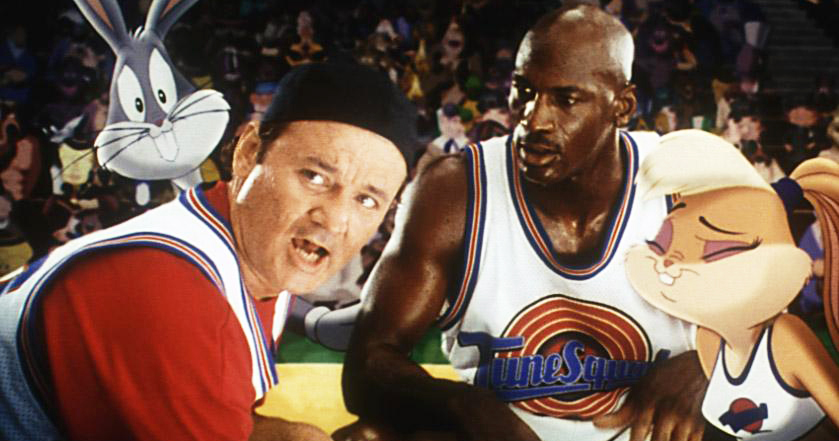
Over the past few decades, basketball films have become more than just the stereotypical feel-good sports movie—they now include almost every genre of cinema, and can just as easily bring you to tears as get you cheering on your feet. Real life drama unfolds almost nightly with the NBA Finals, and superstars such as Draymond Green and LeBron James are fueling the ever-changing story line. Meanwhile, fictional characters like Gene Hackman as Norman Dale in Hoosiers and Denzel Washington as Jake Shuttlesworth in He Got Game have already set the tone for what constitutes a basketball hero or villain.
Like many sports films, like Rocky and Rudy, basketball movies often focus on the challenges of an individual overcoming personal adversity. But the background of every great basketball movie is dominated by themes of teamwork, strength in numbers and selflessness. Consider Hackman’s famous quote from Hoosiers: “If you put your effort and concentration into playing to your potential, to be the best that you can be, I don’t care what the scoreboard says at the end of the game, in my book we’re gonna be winners.”
The ’90s were an especially popular time for basketball movies. Hoop Dreams, which is perhaps the best-known basketball documentary, premiered at Sundance in 1994. Originally produced for PBS and intended to be a 30-minute short, it follows Arthur Agee and Williams Gates, who are two poor African-American high schoolers in Chicago who chase their dreams of becoming professional basketball players. While spotlighting basketball, the film highlights the issues of education and race. A truly impressive accomplishment in documentary, this 171 minute movie was cut from approximately five years of filming. Hoop Dreams grossed over $11 million and was nominated for the Academy Award for Best Film Editing.
In 1996, two years after Hoop Dreams‘ premiere, Space Jam starring Michael Jordan and Bill Murray opened in the No. 1 spot in the United States and became the highest-grossing basketball film of all time, earning over $230 million. The still-yet-officially-titled Space Jam 2 has recently made headlines, and is reportedly set to star LeBron James and directed by Justin Lin, whose credits include Fast & Furious 6 and Star Trek Beyond.
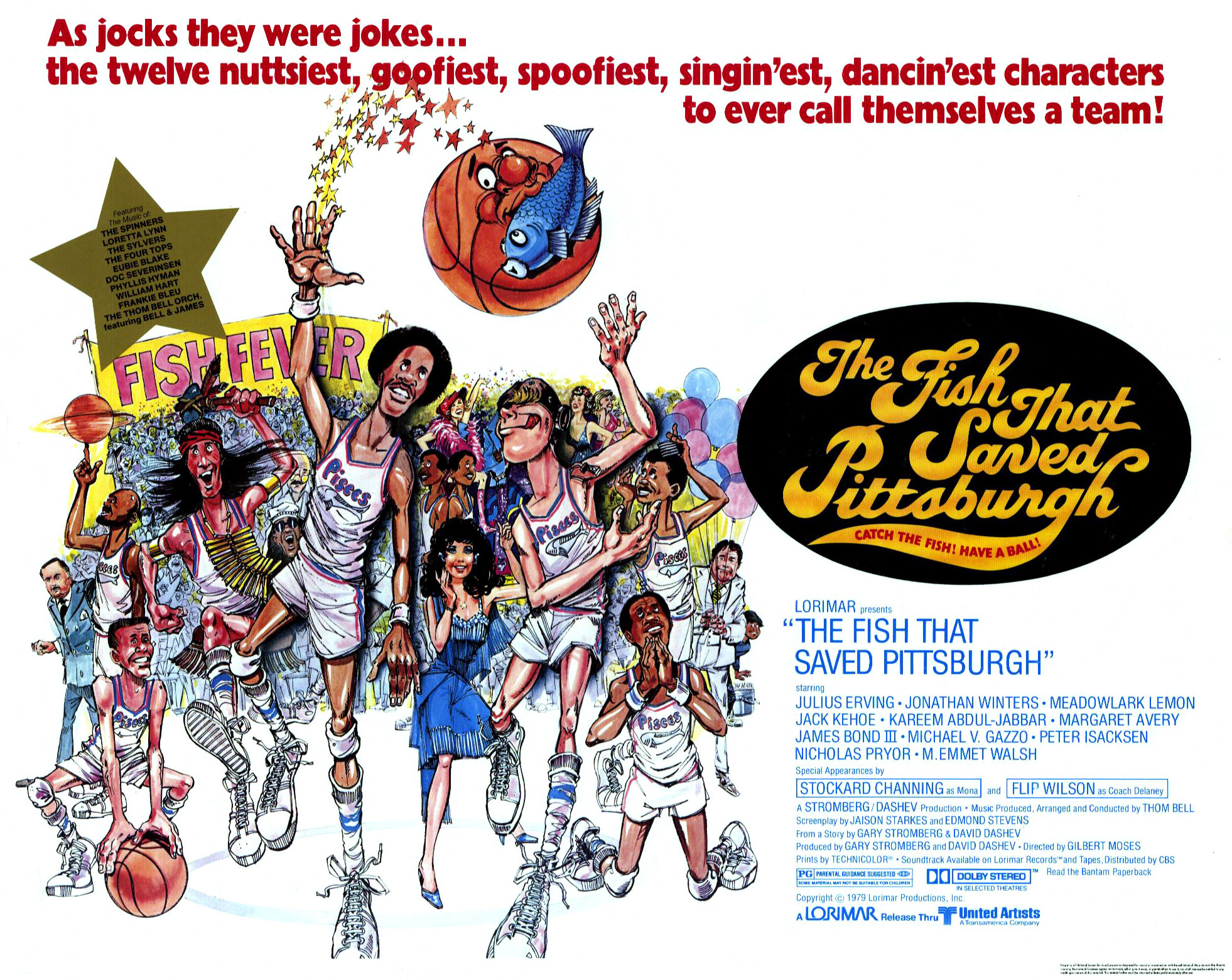
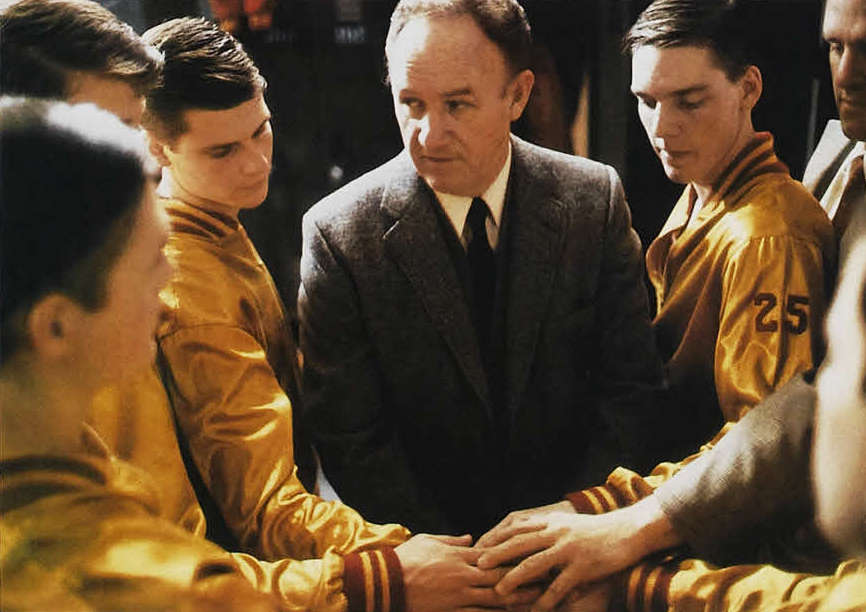
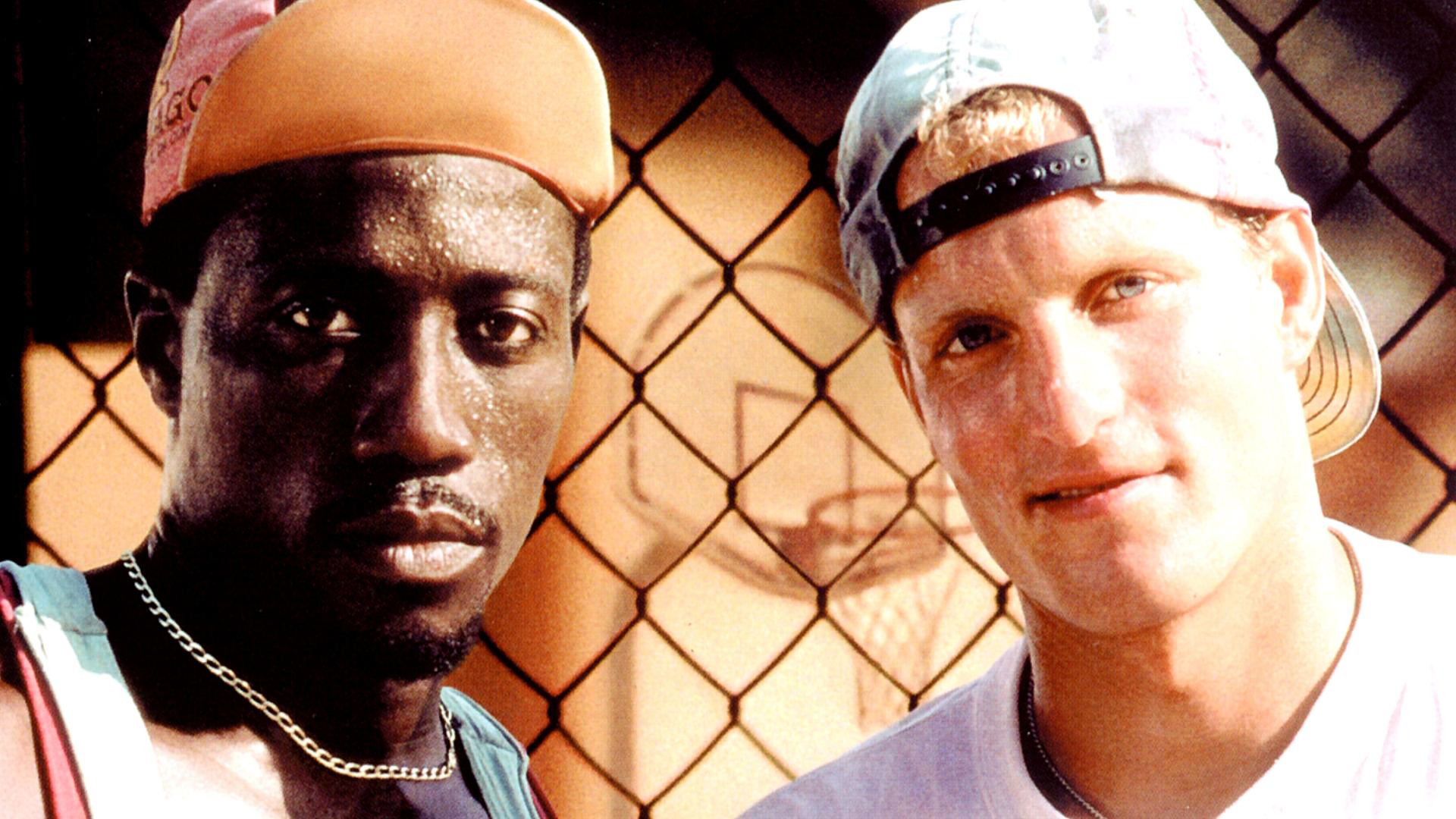
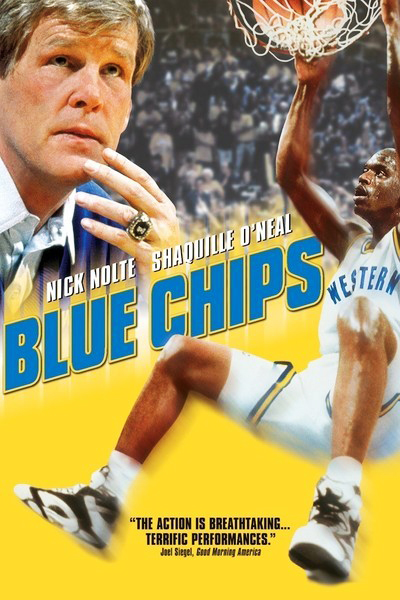
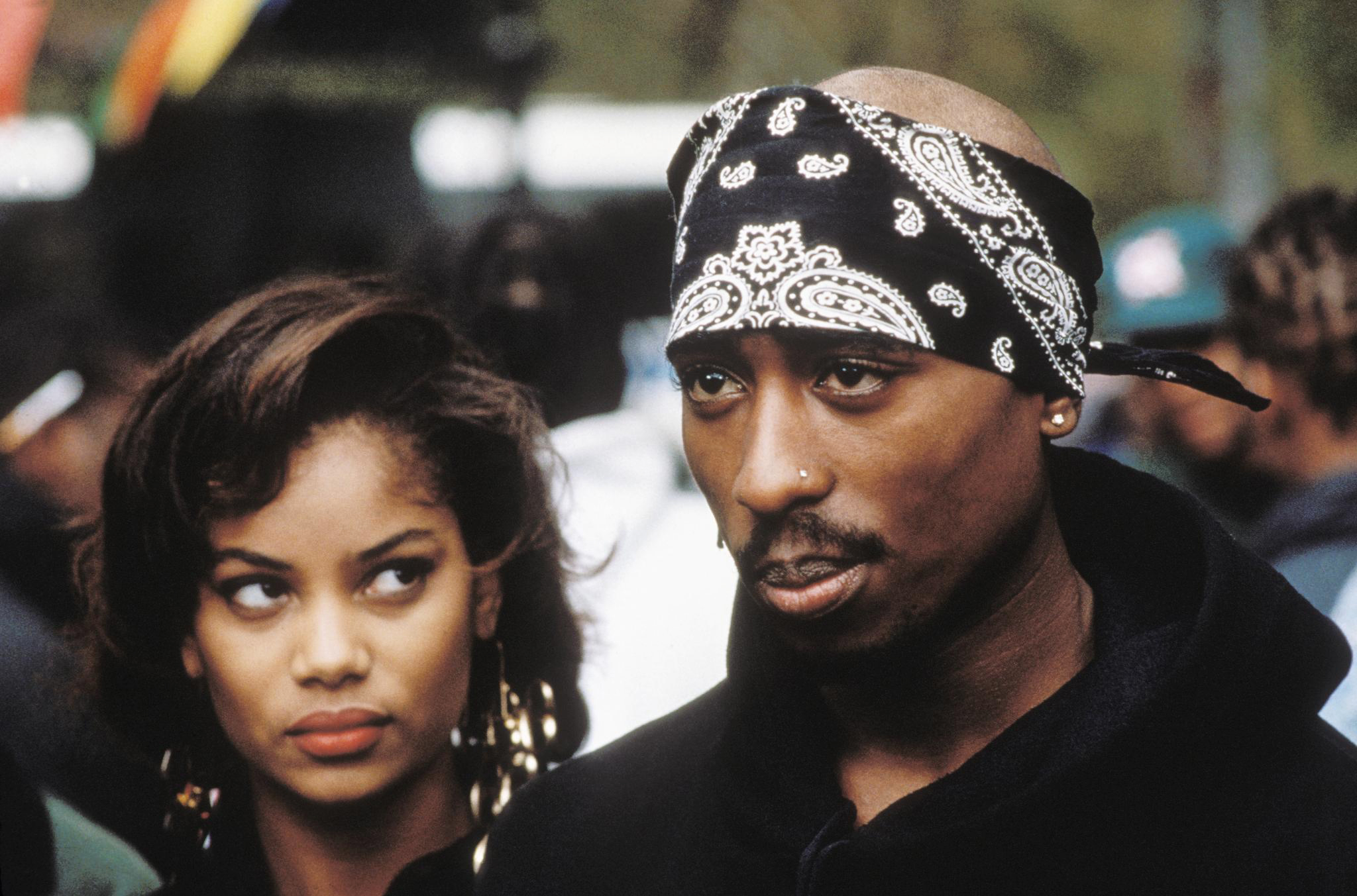
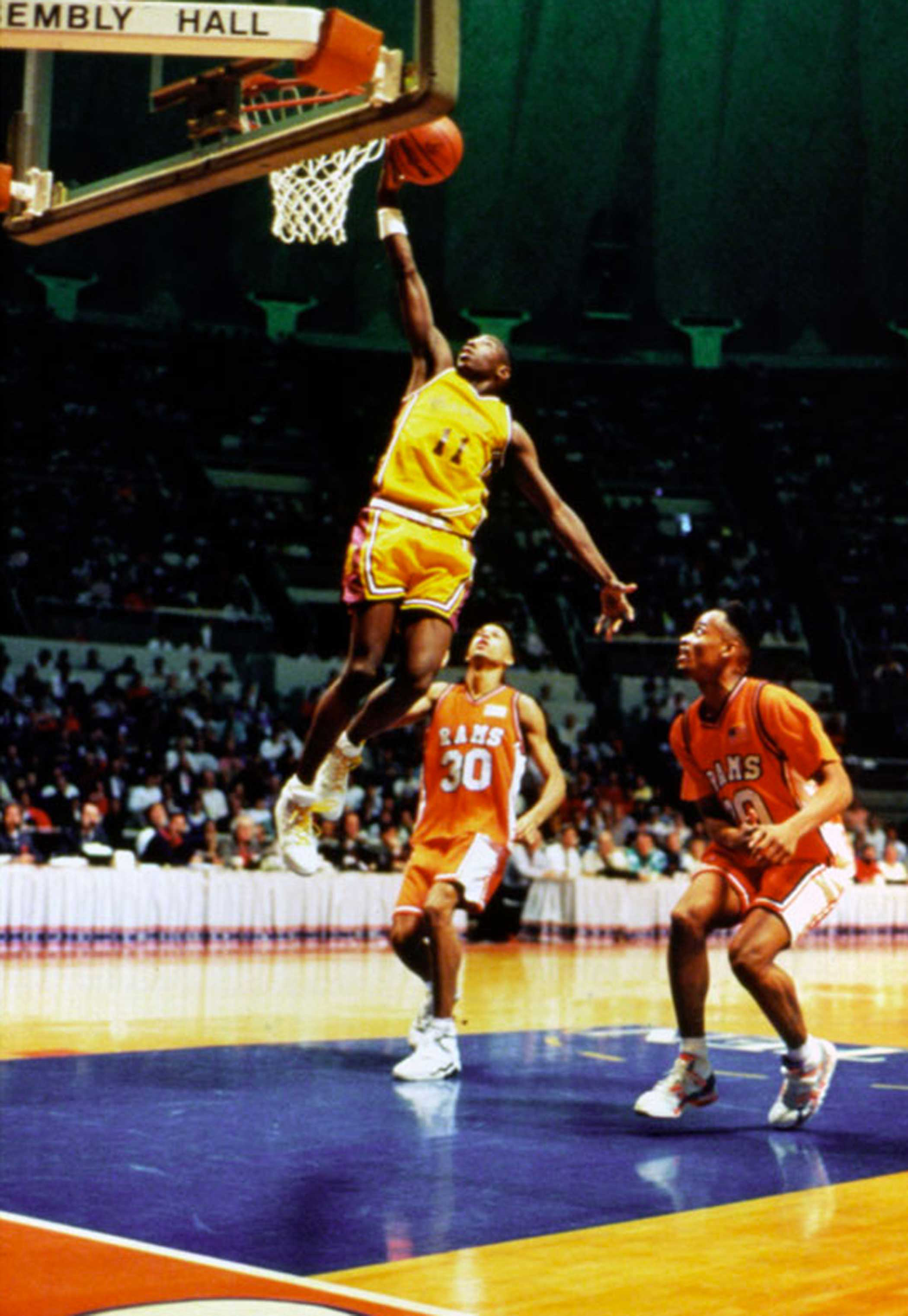
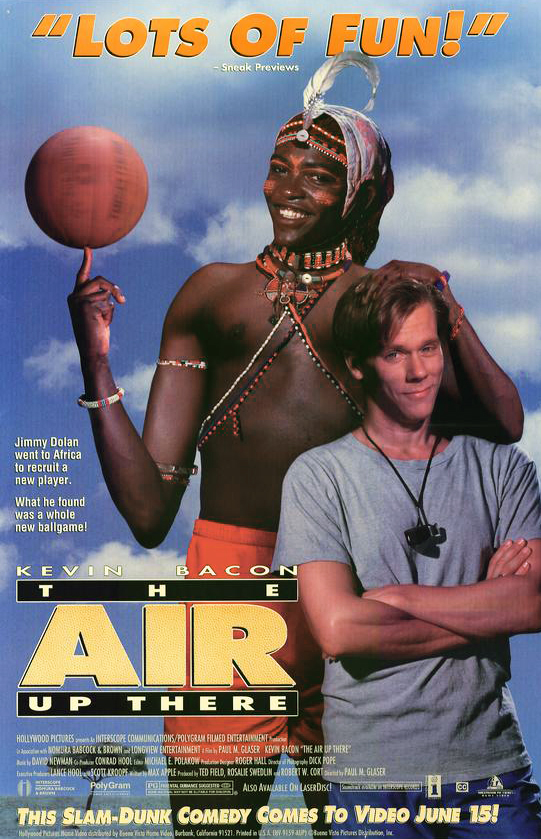
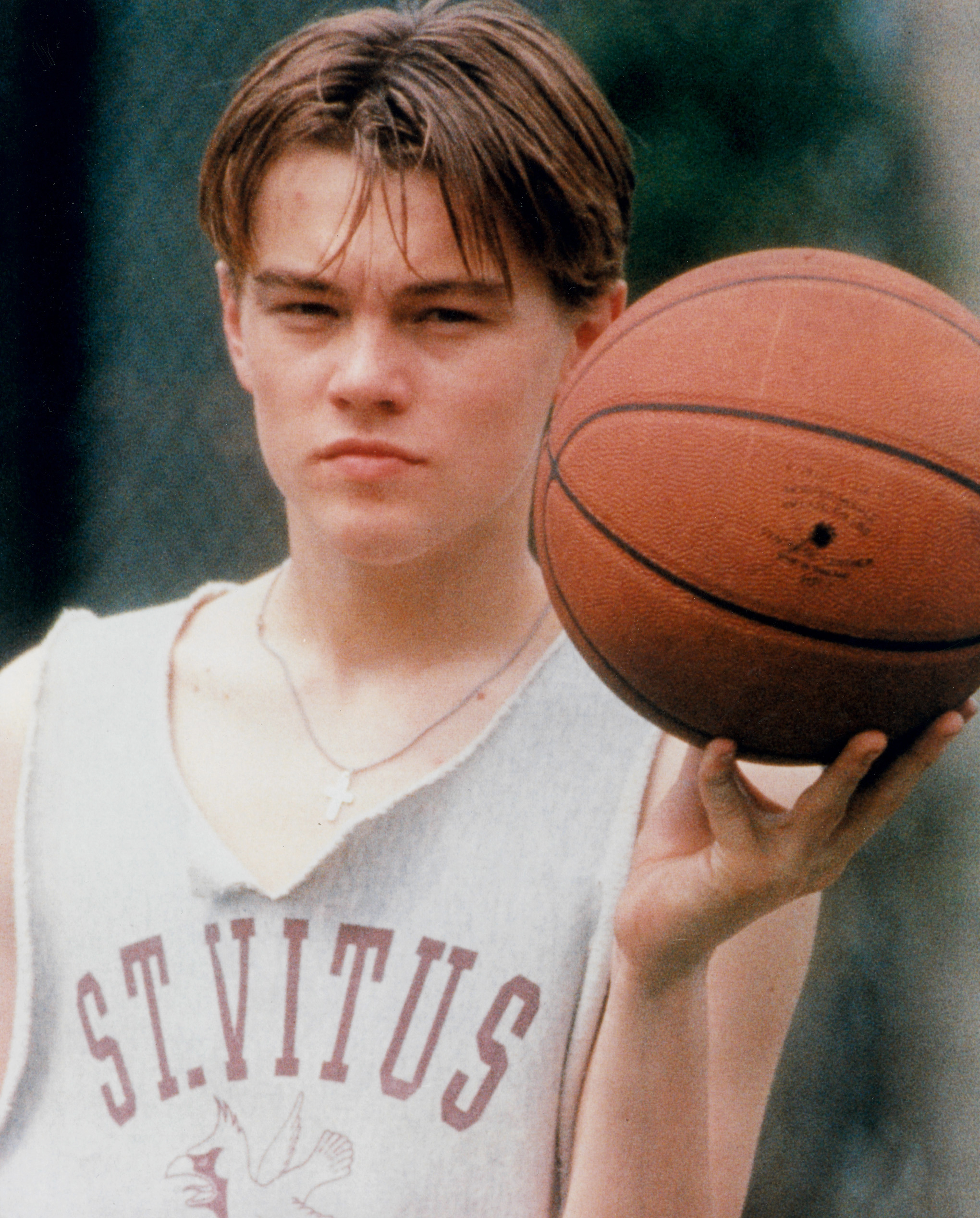
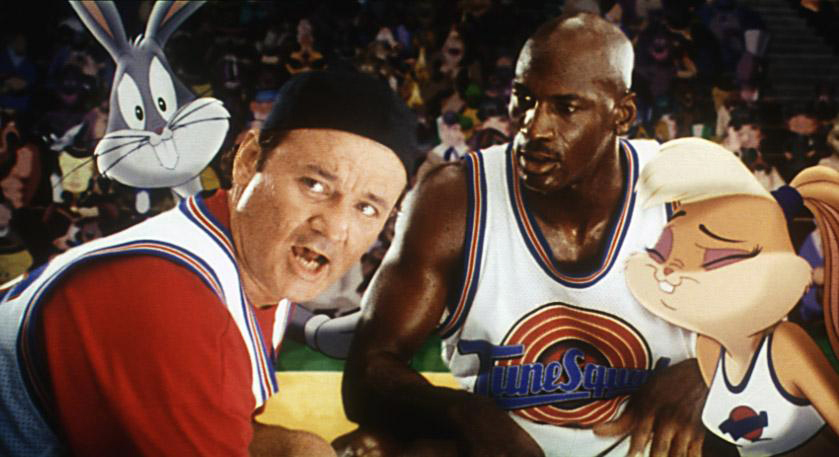
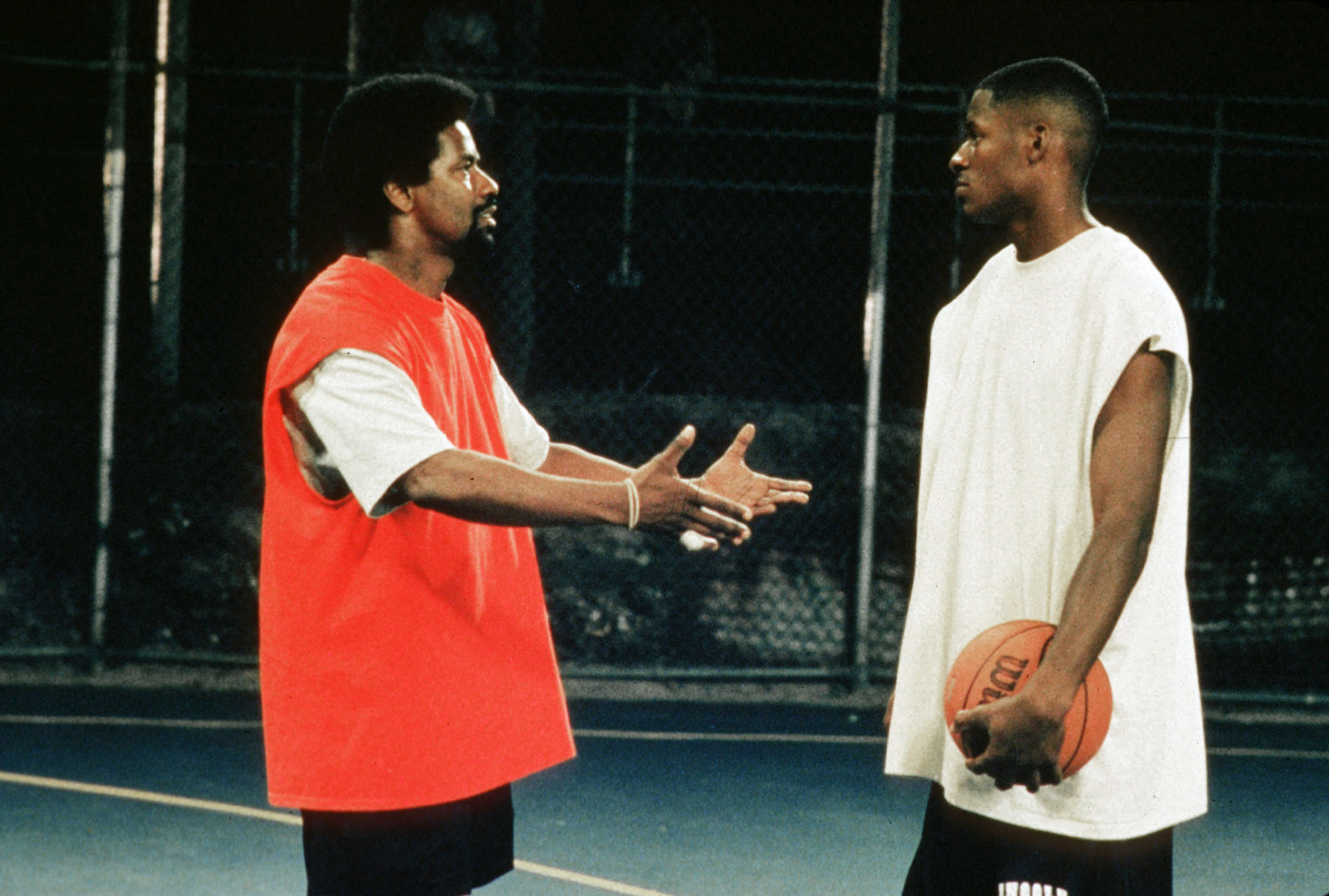
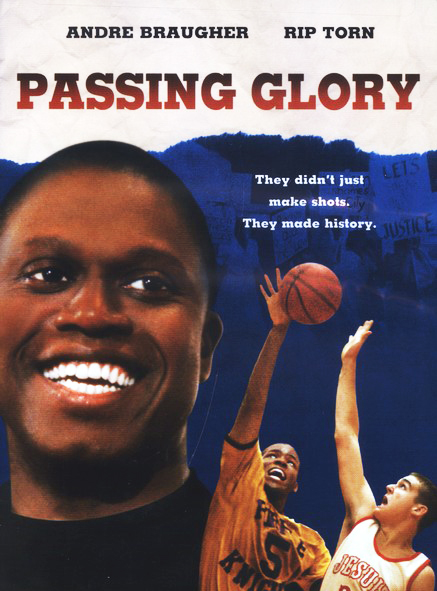
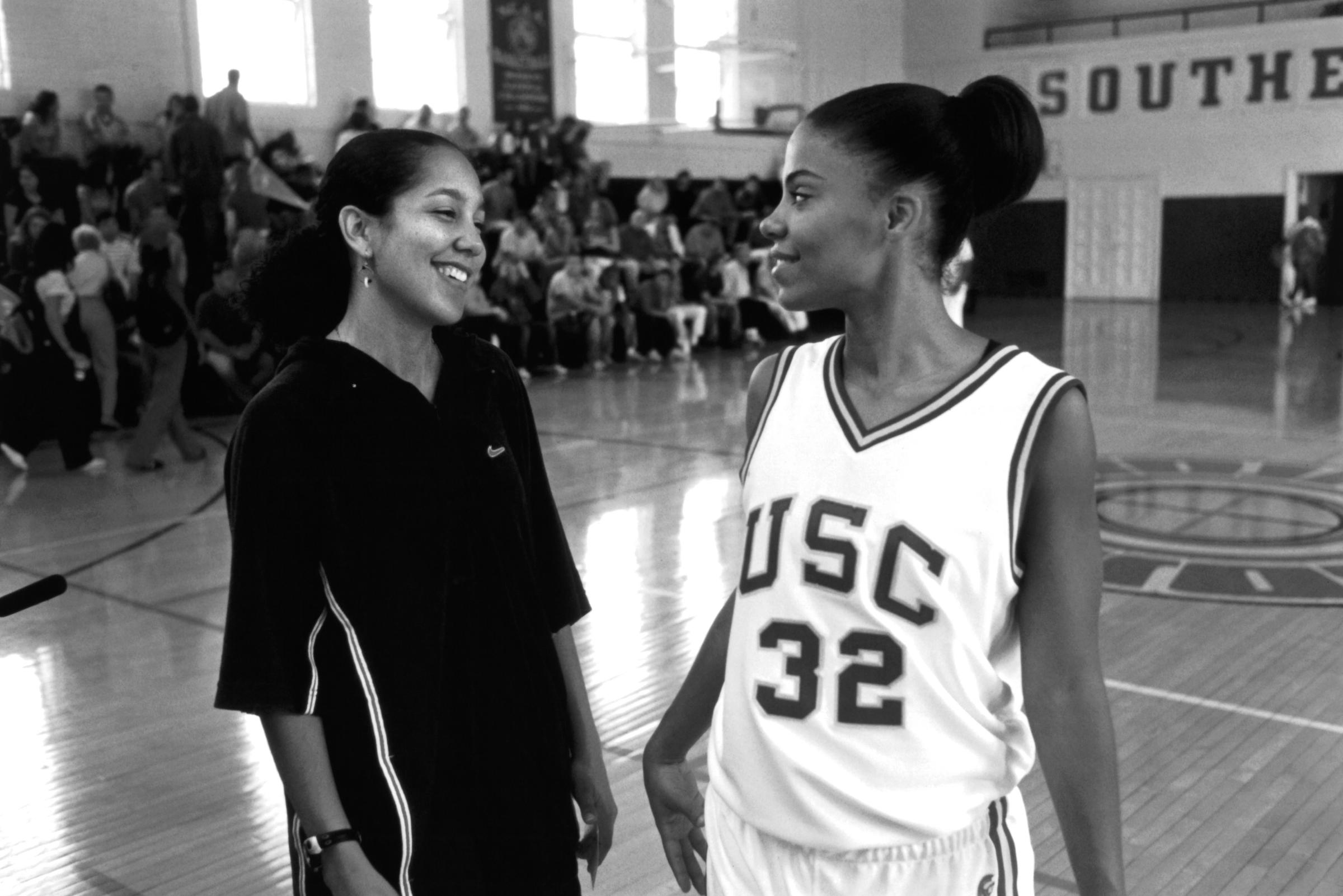
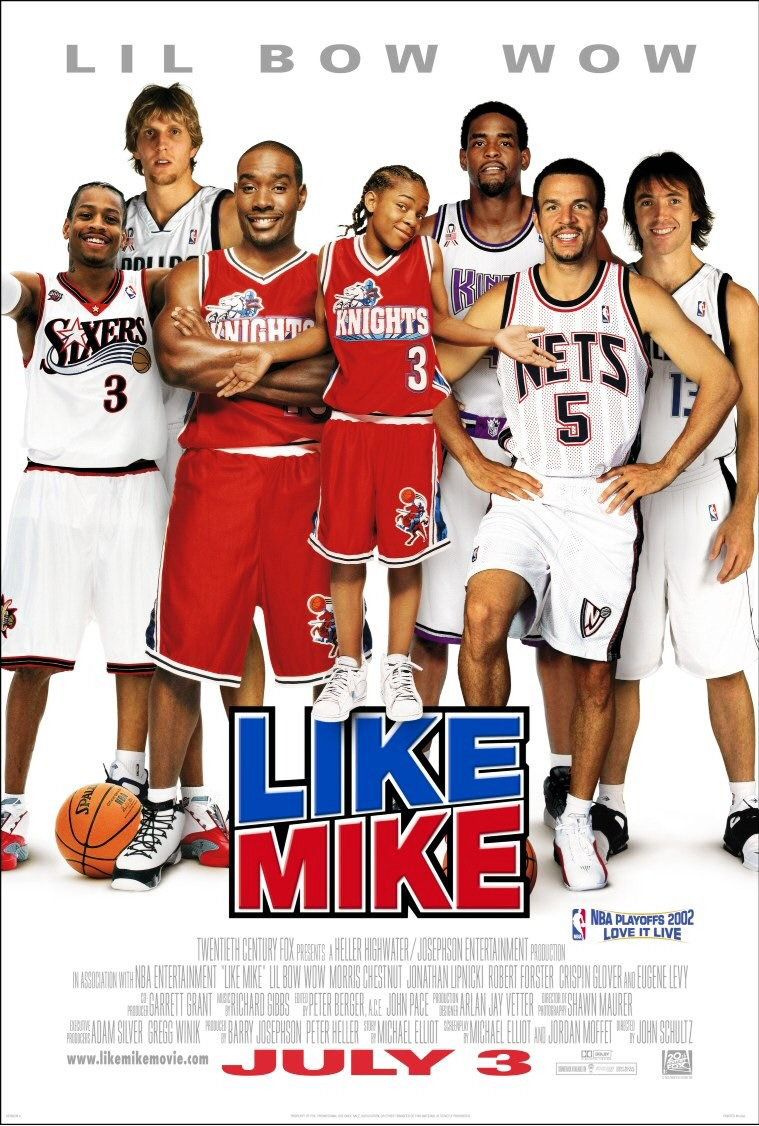
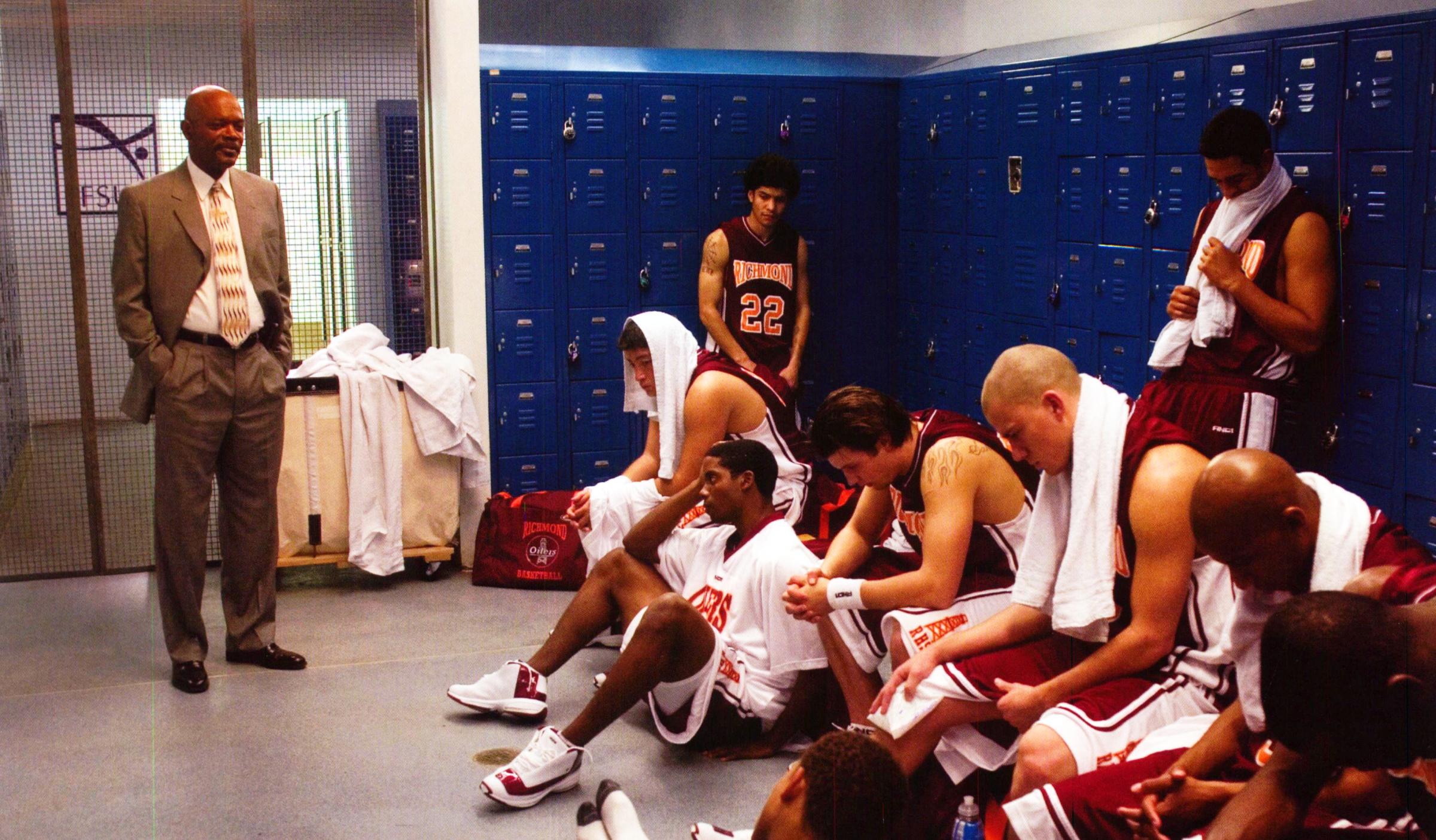
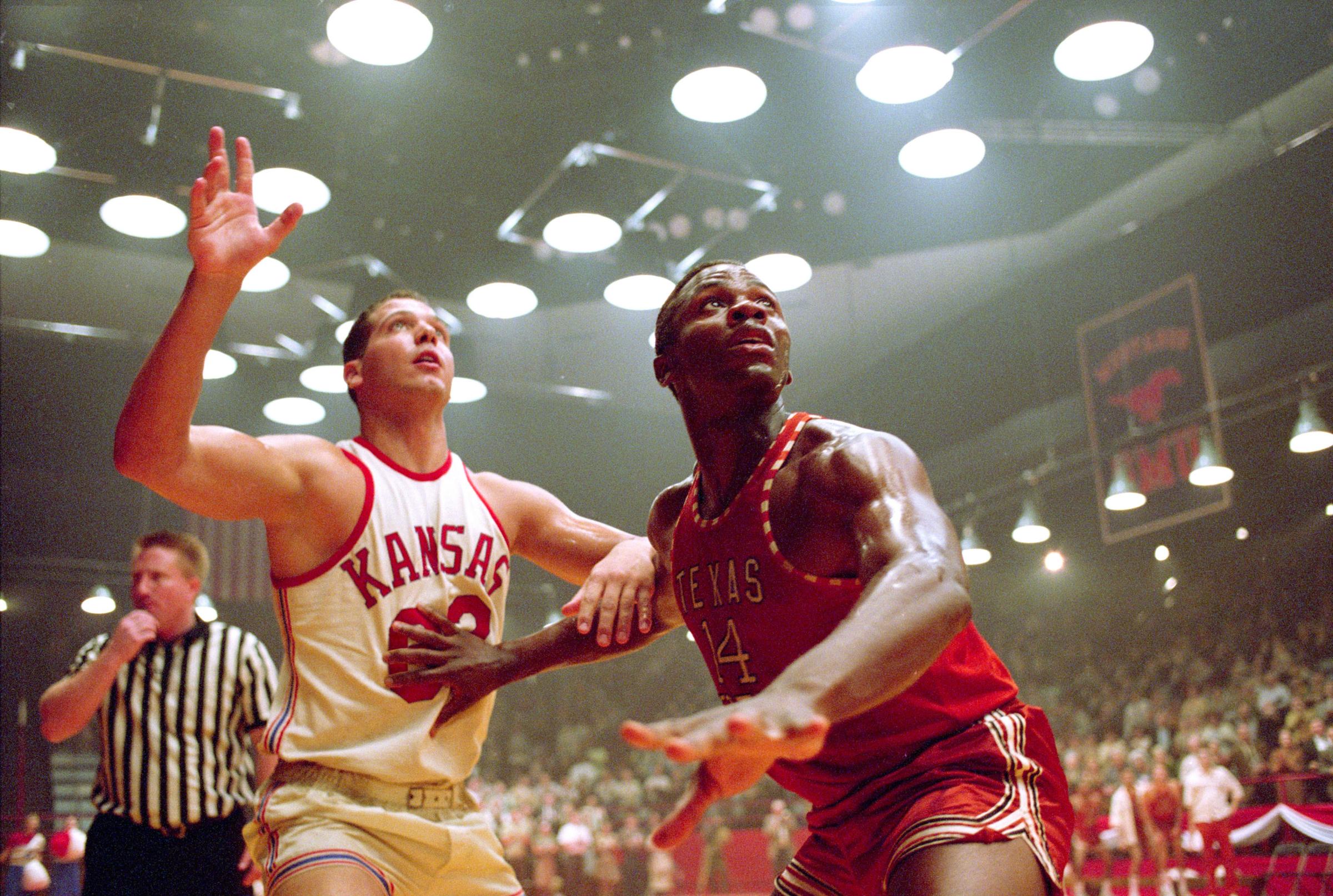
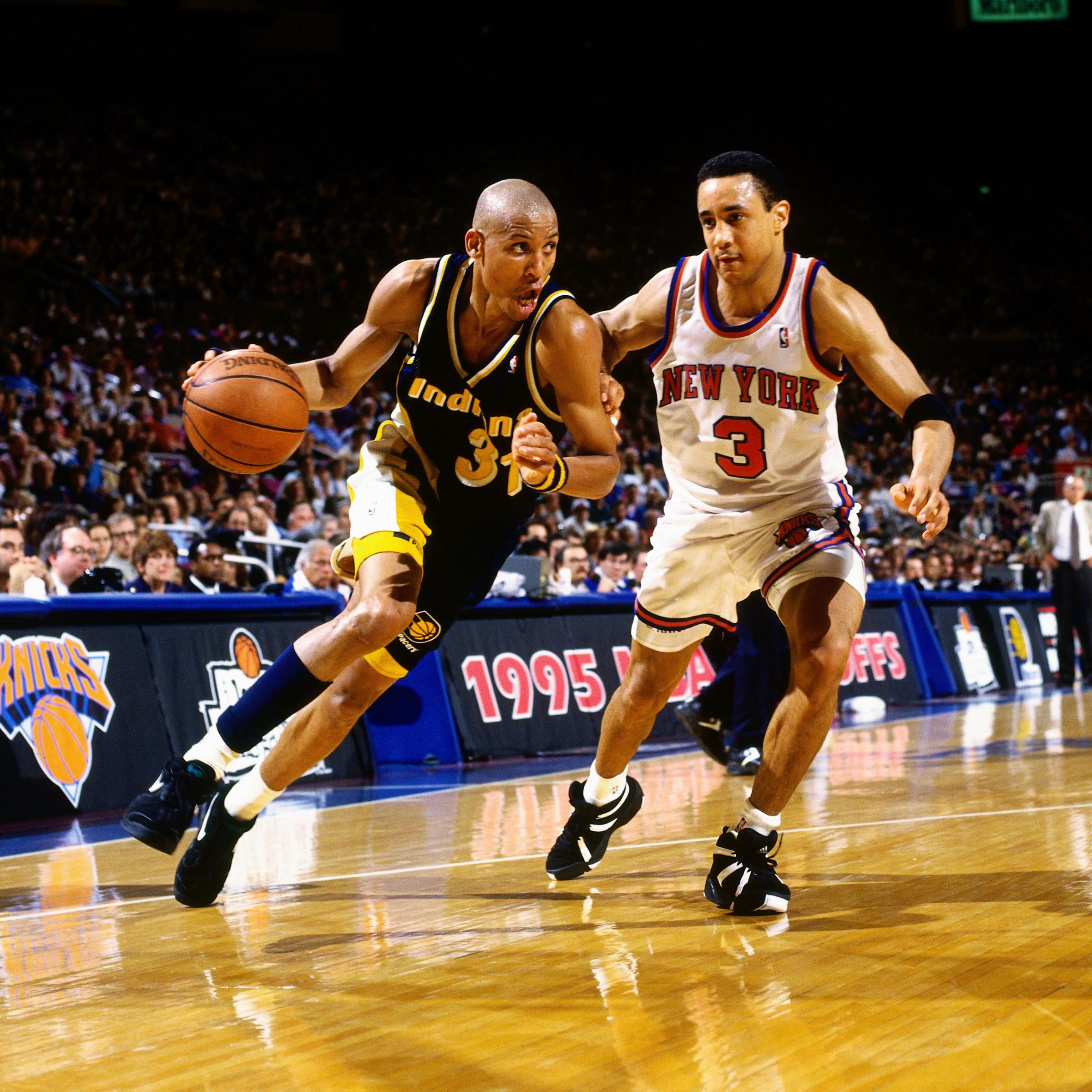
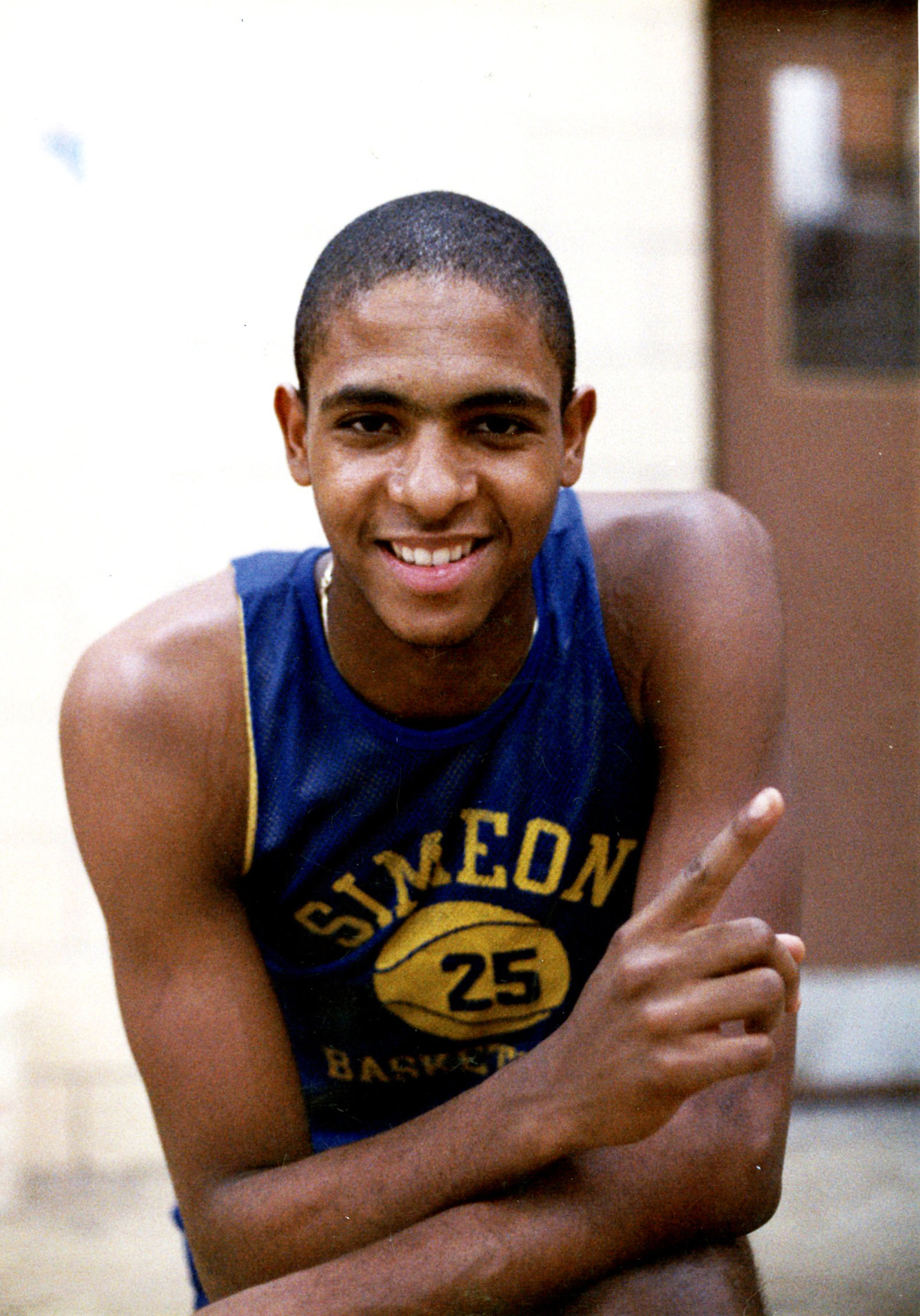
More Must-Reads from TIME
- Why Biden Dropped Out
- Ukraine’s Plan to Survive Trump
- The Rise of a New Kind of Parenting Guru
- The Chaos and Commotion of the RNC in Photos
- Why We All Have a Stake in Twisters’ Success
- 8 Eating Habits That Actually Improve Your Sleep
- Welcome to the Noah Lyles Olympics
- Get Our Paris Olympics Newsletter in Your Inbox
Contact us at letters@time.com